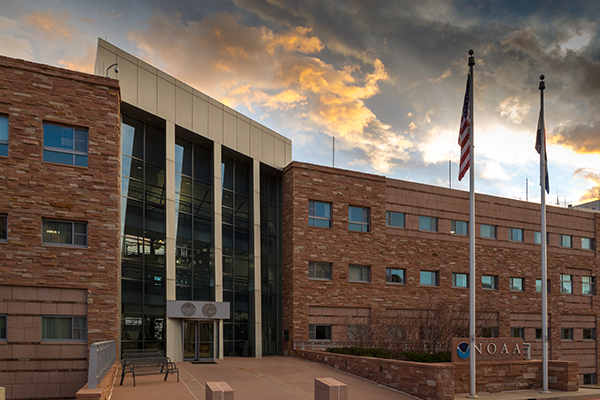
Skillful Seasonal Forecast of the Tropical Indo-Pacific SST Variability Using Model-based Analogs
Hui Ding
Tuesday, Apr 18, 2017, 2:00 pm
DSRC Room 2A305
Abstract
This talk proposes the idea that seasonal forecasts, for lead times where skill is significantly impacted by model climate drift, should be initialized directly in the model phase space rather than in the phase space of nature. Here, a simple analog approach is tested, in which an ensemble of model states closest to each observed initial state is determined from a data “library” taken from long control simulations of CGCMs corresponding to the forecast CGCMs. The forecast is then just the ensemble mean of the evolution of those model states. This “model-analog” technique is applied to four of the eight CGCMs comprising the North American Multimodel Ensemble (NMME). Corresponding control model runs range from 700-4000 years, allowing sensitivity tests to both data availability and ensemble size. Model-analogs are determined over the tropical IndoPacific domain, using monthly SST and SSH anomalies. The resulting perfect-model skill of the model-analogs matches other perfect-model potential predictability studies, including a Niño3.4 correlation above 0.5 for forecast leads up to 24 months. The technique is then applied to make hindcasts for the years 1982-2009 for leads of 1-12 months, initializing with observed anomalies over that period. The model-analog hindcast skill is comparable to (even sometimes slightly better than) the corresponding CGCM hindcast skill throughout the tropical Pacific both for the individual models and, when the model-analog hindcasts are averaged together, to the grand NMME mean. This suggests that any CGCM with a sufficiently long control run may be used to produce skillful forecasts of monthly tropical IndoPacific SST anomalies, without additional development of its data assimilation system or generation of forecast ensembles.
You must provide an accepted form of identification at the Visitor Center to obtain a vistor badge. Security personnel also inspect vehicles prior to entrance of the site. Please allow extra time for these procedures.
After receiving a badge, you must arrive at the DSRC Lobby at least 5 minutes before the seminar starts to meet your security escort. If you arrive after that time, you will not be allowed entry.
Foreign Nationals: Please email the seminar contact at least 48 hours prior to the seminar to provide additional information required for security purposes.
Seminar Contact: richard.lataitis@noaa.gov